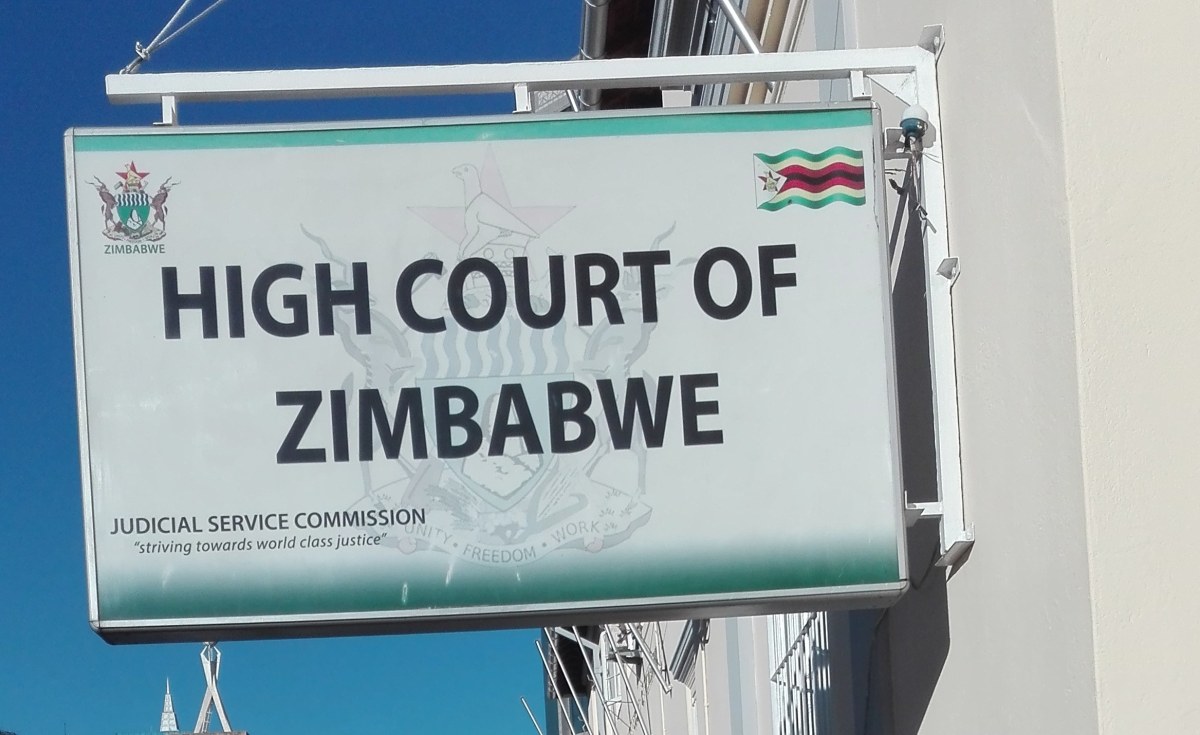Understanding High Court Applications
Actions or applications are typically used in civil legal processes. Most people are aware that summonses are used to start legal procedures, and that spoken evidence is presented during trials.
Witnesses appear in court to provide testimony. When it comes to applications, a person who feels wronged makes a judicial application to the High judicial.
Because of this, some solicitors may complain, claiming that the incorrect method was followed in cases where, for instance, a substantial disagreement over facts supports taking legal action rather than starting an application process.
I write about court petitions in this piece.
Unless it is in the Commercial Division of the High Court, court applications are made in terms of Rule 59 of the High Court Rules, 2021. Chamber applications are made in terms of Rule 60. In the High Court (Commercial Division), application proceedings are covered in Part 111. Court applications start from Rule 25 to 37 and chamber applications from Rule 38 to 40. There are prescribed forms to be used during court applications.
Procedures in court applications can be summarised into the following:
- Court application
- Notice of opposition
- Answering affidavits
- Further affidavits
- Heads of arguments
- Set down of applications
- Hearing of court applications
- Handing down or delivery of judgment.
Court application
In Zimbabwe a court application shall be in the form prescribed in the court rules and shall be supported by one or more affidavits setting out the facts upon which the applicant relies and copies of all the material and relevant documents that establish the claim or allegations made.
The person making the application is called the applicant and the one being sued is the respondent. The applicant deposes an affidavit before a commissioner of oaths.
When a court application has been filed with the High Court it has to be served on or delivered to the respondent within the time set out in the rules and a certificate of service filed with the registrar of the High
Notice of opposition
The respondent, that is the one to respond to the application, has to file a notice of opposition, using the prescribed form, with or more opposing affidavits , within the time given the court application which complies with the High Court rules, usually 10 days. Immediately upon the filing of a notice of opposition the respondent has to serve a copy thereof on the applicant.
Answering affidavit
The applicant has the opportunity to file an answering affidavit to answer to issues raised by the respondent in the notice of opposition. For example a respondent may state certain facts or produce certain documents which the applicant may not have dealt with in the founding affidavit.
Further affidavits
Depending with the situation or the attitude of the court, further affidavits may also be filed in the High Court.
Heads of Arguments
This is a very important stage. The affidavits are for purposes of establishing the factual truth of the cases. Some parties may take chances and attempt to misrepresent to court. The heads of arguments deal with the law as it applies to the facts. It is an application of the laws to the factual situation.
This part involves a lot of research into applicable laws in the form of statutes (Acts of parliament or statutory instruments), common law or cases decided by courts before. In the case of decided cases reference can be made to cases decided in superior courts in Zimbabwe such as the High Court, Supreme Court or the Constitutional Court.
Reference can also be made to court decisions made in other jurisdictions such as South Africa.
Set down of applications
This basically means a date being set down for the hearing of the court application. The date is set by the court.
Hearing of the court application
On the day of the hearing each of the parties is usually represented by his or her legal practitioner. It is a contest between lawyers to convince the court to decide in favour of their client, applicant or respondent. The legal practitioners will be arguing professionally and it can be very interesting and inspiring.
Handing down of judgment
It is common for a judgment to be handed down at a date later than the day the matter is argued in court. Judges may need more time to analyse the evidence, applicable laws and arguments made. When the judgment is ready it is handed down or delivered by the judge and the legal practitioners note the judgment.
Conclusion
Court applications are used widely in litigation. One needs to be familiar with the process from making of the court application, notice of opposition, answering affidavits, other affidavits, heads of arguments, set down, hearing of the court case and handing down of the judgment.

For comments, Feedback and Opinions do get in touch with our editor on WhatsApp: +44 7949 297606.


